Last year, Lauder Business School partnered with PwC Austria to offer major-specific SAP courses to our master´s students. Ever since, the Enterprise Resource Planning (ERP) – SAP course taught by Mag. (FH) Birgit Engel, Director at PwC Austria, helped over 40 LBS students to navigate the complexities of that SAP S/4HANA system.
A year after its debut, we sat down with Professor (FH) Engel to learn more about her experience in the classroom and the difference the SAP courses make in a modern business curriculum.
LBS: Dear Professor Engel, can you tell us more about the ERP-SAP course you teach at Lauder Business School? What does it entail and why is it so important for students to learn SAP?
Prof. Engel: Processes are at the core of every company and ERP systems are an indispensable part of businesses in the private and public sector. The course is designed to provide students with a comprehensive understanding of the logistic processes of a company and how these can be supported by an ERP-SAP system. It gives students the practical tools they need to master the data and the operational usage of ERP systems. We cover a wide range of topics, including data management, functional areas of organizational structures, materials management/procurement, sales and distribution, and reporting. The course is highly interactive, with students working with a live S/4HANA system and solving real-world case studies throughout the semester. Moreover, throughout the course, students are encouraged to learn by making mistakes – but they make them in a protected environment. Together with a few members of my team at PwC who assist me during the course, we help students navigate through their specific problems, difficulties, and confusions, and we work together to solve problems creatively and efficiently, a technique that sharpens their problem-solving skills. Considering the fact that SAP is a widely used enterprise software platform nowadays and professionals with SAP skills are now in high demand in the job market, LBS students will have a competitive advantage over their peers.
LBS: How do you manage to keep the course content updated with the latest developments in the field?
Prof. Engel: This is something I feel passionately about. The field of ERP-SAP is complex and constantly evolving, just as the businesses it supports are– it is crucial that our students get access to the latest and greatest techniques and best practices in the logistics and commerce industries. The course content is continuously updated (e.g. with Fiori Apps) and enhanced. All the case studies the students work on, and the exercises they solve in class range from general to domain- and major-specific, taking them through the SAP fundamentals to the Sales and Distribution and Materials Management specifics. Therefore, the curriculum is structured to build students´ skills from beginner to intermediate and advanced levels to prepare them for the SAP certification – a useful recognition of their SAP expertise.
LBS: What skills do you think are most important for students to acquire in order to become successful ERP-SAP consultants?
Prof. Engel: There are a few key skills that I believe are critical for becoming a successful SAP consultant. Students need to have a sound domain knowledge in at least one line of business: a deep understanding of the processes and operations of that business, and how they are implemented in SAP. The best SAP consultants are those with mixed expertise: sound business knowledge, industry best practices connoisseurs, and comprehensive functional SAP skills. Our course is a software-supported conceptualization of how various functional parts of a business organization relate and interact. And while proficiency in technologies is a must, skills like analytical and problem-solving as well as the ability to work well in a team environment are also very important. Finally, strong communication skills are imperative, as ERP-SAP consultants often need to convey complex technical concepts to non-technical stakeholders.
LBS: What is your vision for your cooperation with LBS in the future?
Prof. Engel: Aside from continuing with the Enterprise Resource Planning – SAP course for Master´s students, I will also teach the Process Management course in the LBS online MBA program in Executive Leadership, which is also SAP based. Upcoming MBA students will learn to use the software to streamline business operations, reduce costs, and improve productivity.
LBS: What prompted you to start teaching at Lauder Business School?
Prof. Engel: I love teaching and sharing my knowledge with others, and at PWC Austria we emphasize continuous learning as an organizational value. When the opportunity presented itself, I welcome it with open arms. I believe that sharing my knowledge and experience is not only a way to help others learn, but it is also a way for me to continue my own personal development journey.
LBS: Dear Prof. Engel, thank you very much for your time and cooperation!
_ _
Mag. (FH) Birgit Engel, Director at PwC Austria has over 18 years of experience in SAP, with a focus on big S/4HANA transformations. At PwC Austria, she is currently leading the SAP team in Technology Consulting, which works with clients to implement and optimize their processes using software like ERP systems. In addition to her role at PWC, she has been teaching the ERP-SAP course at Lauder Business School for over a year.


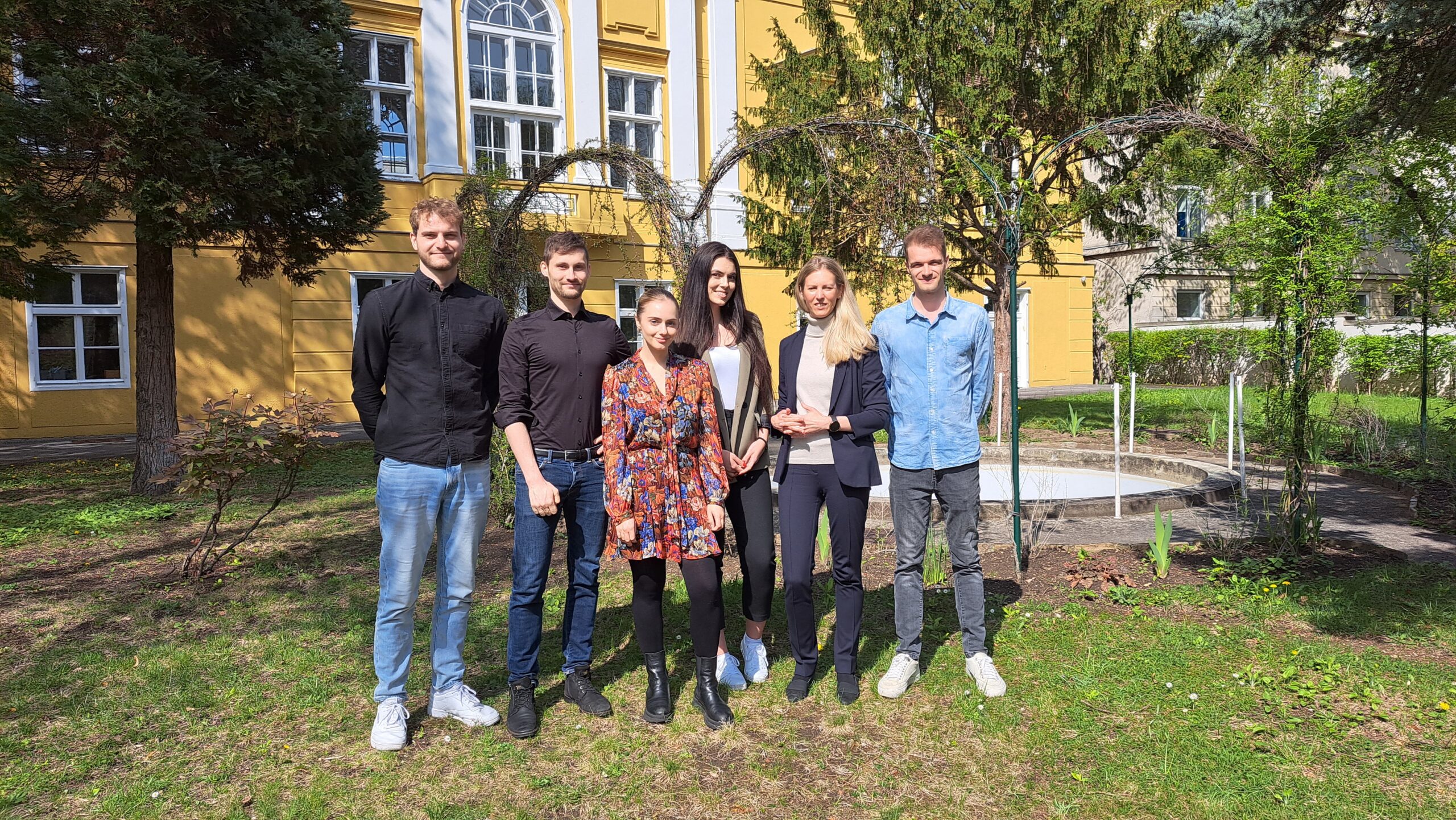
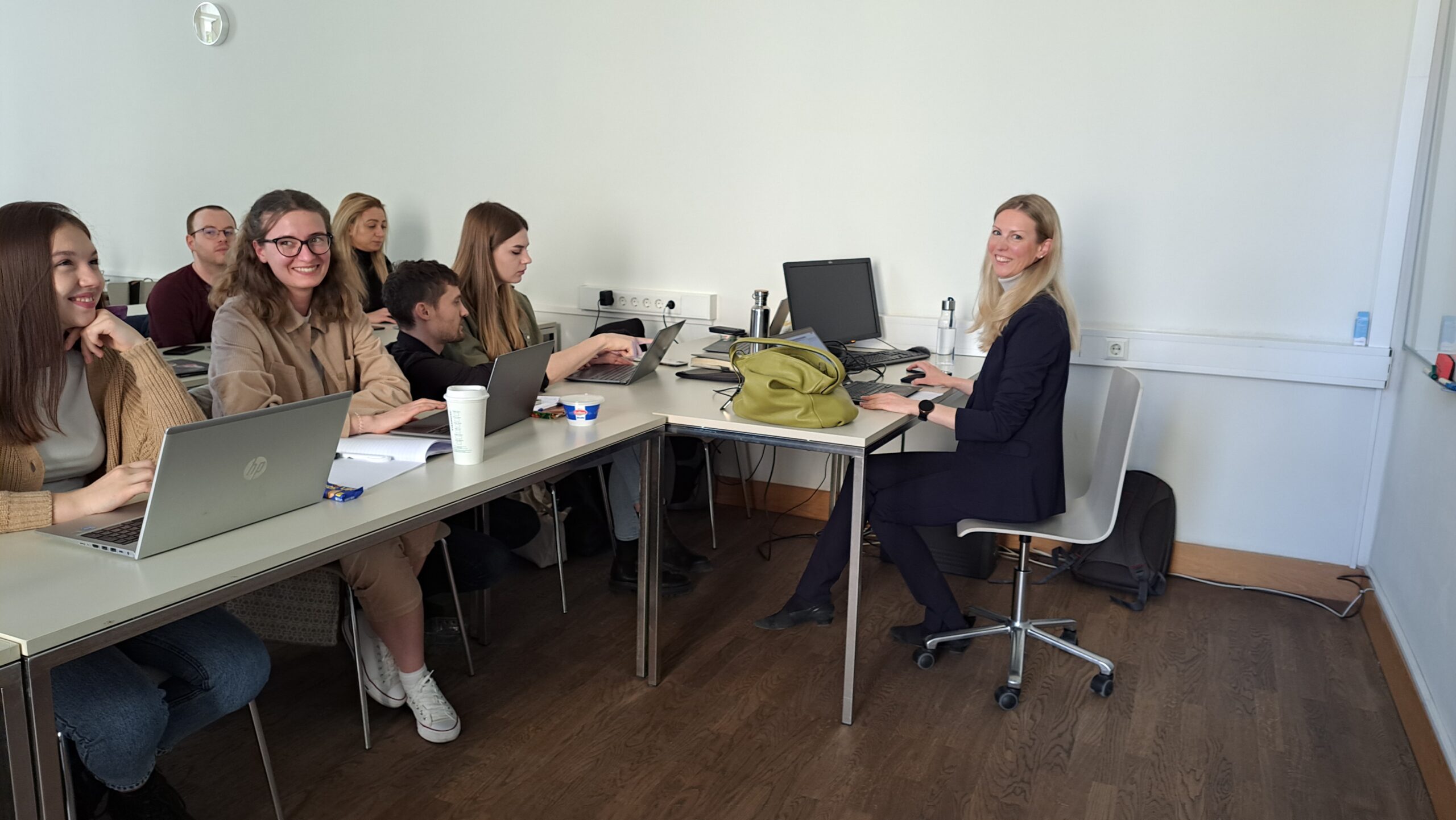
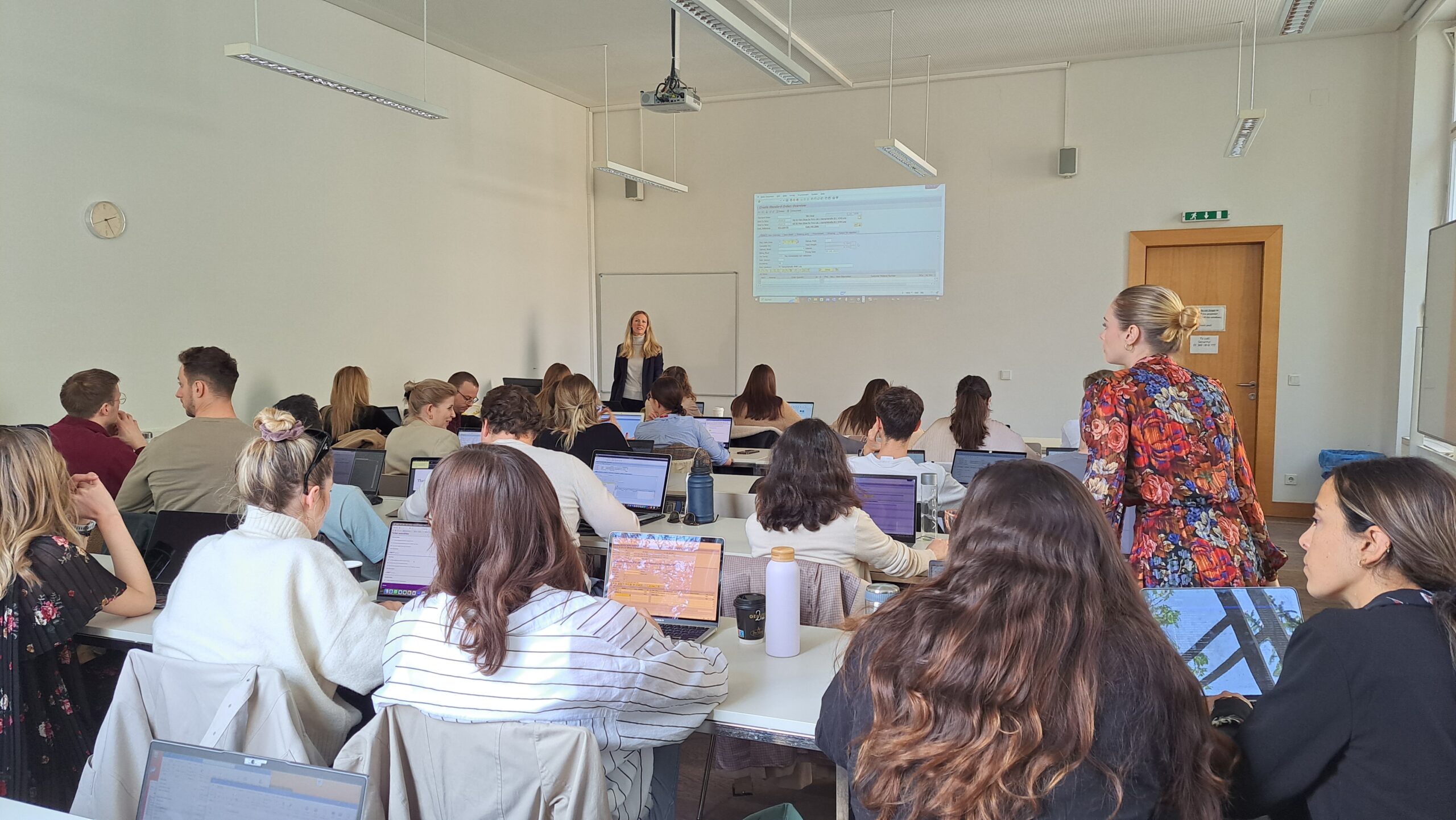
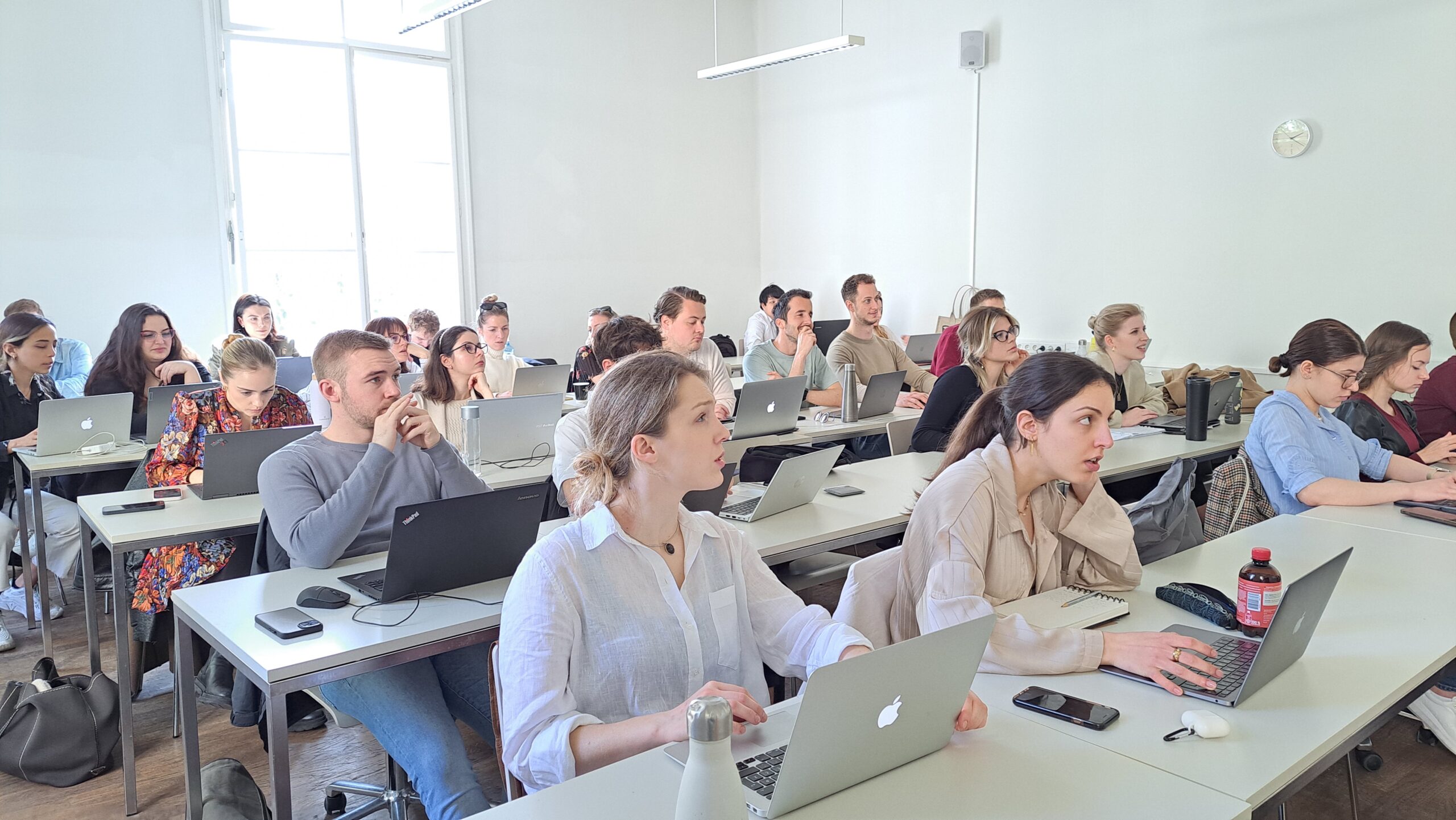
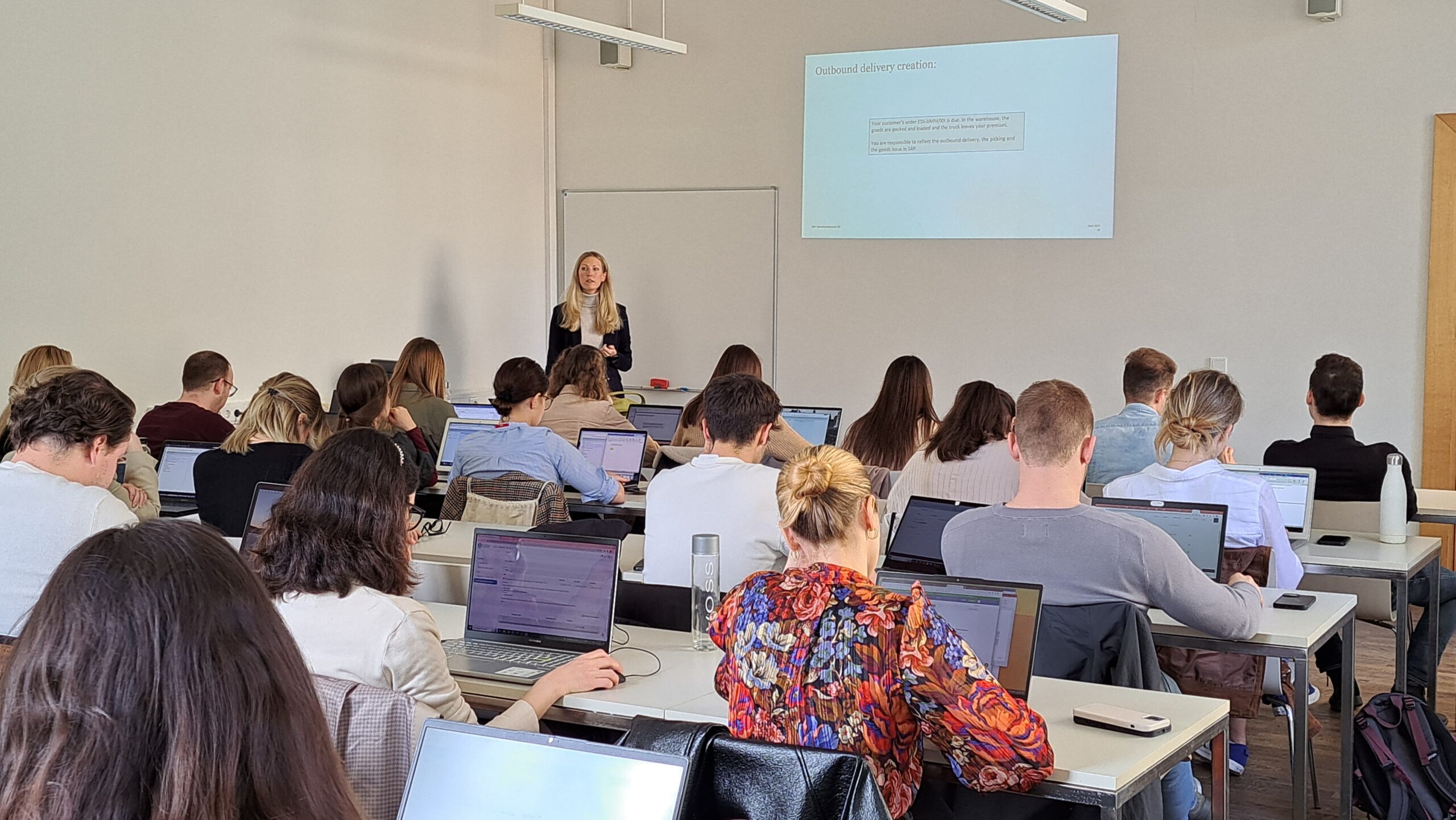
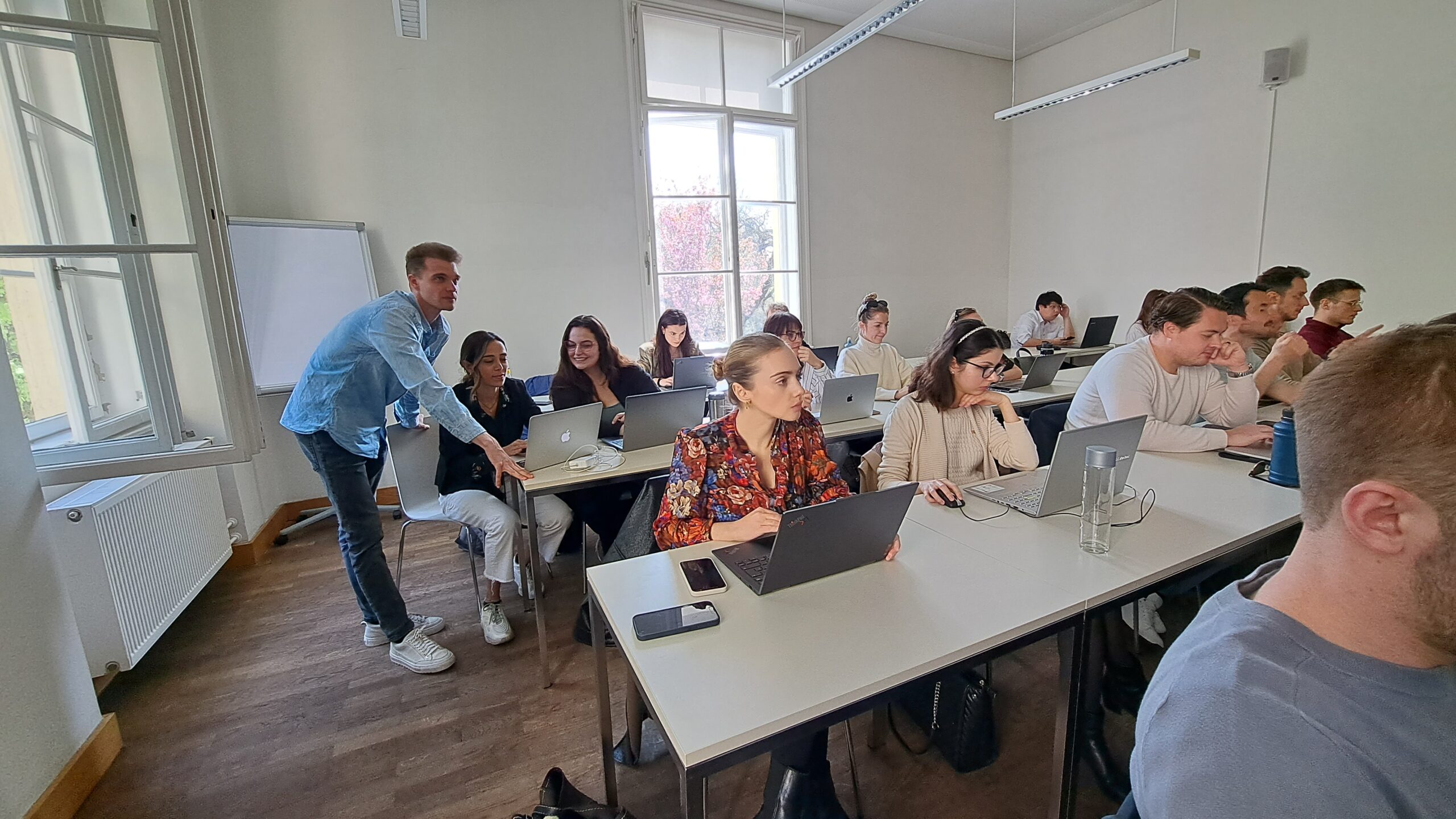
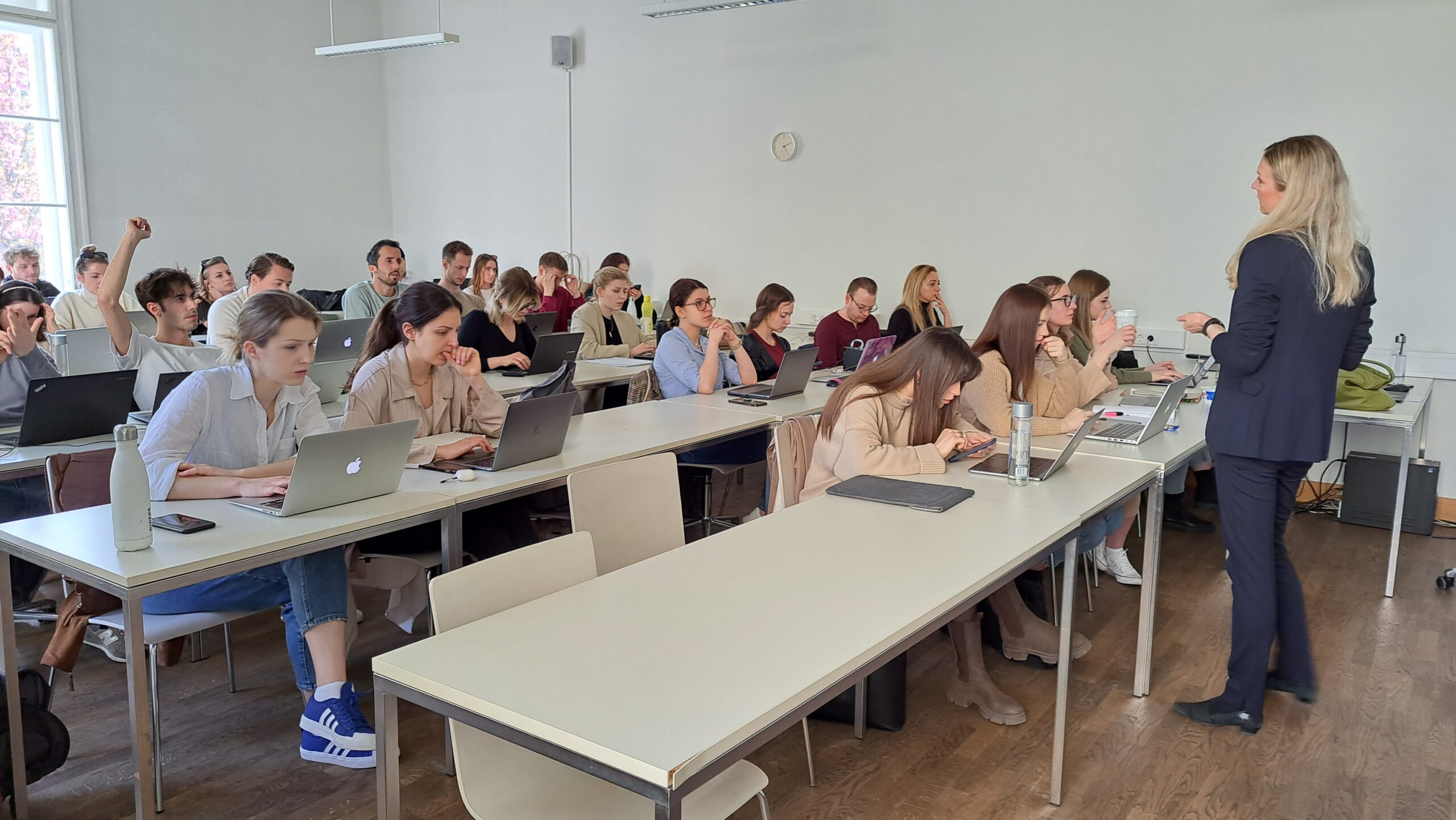

Recent Comments